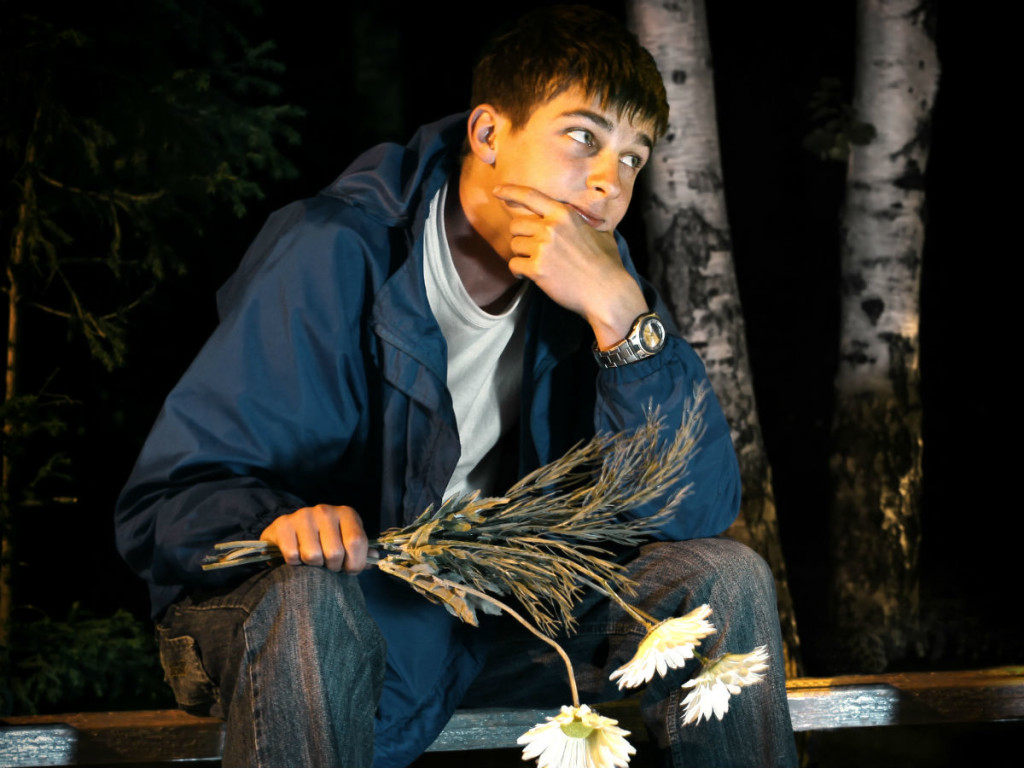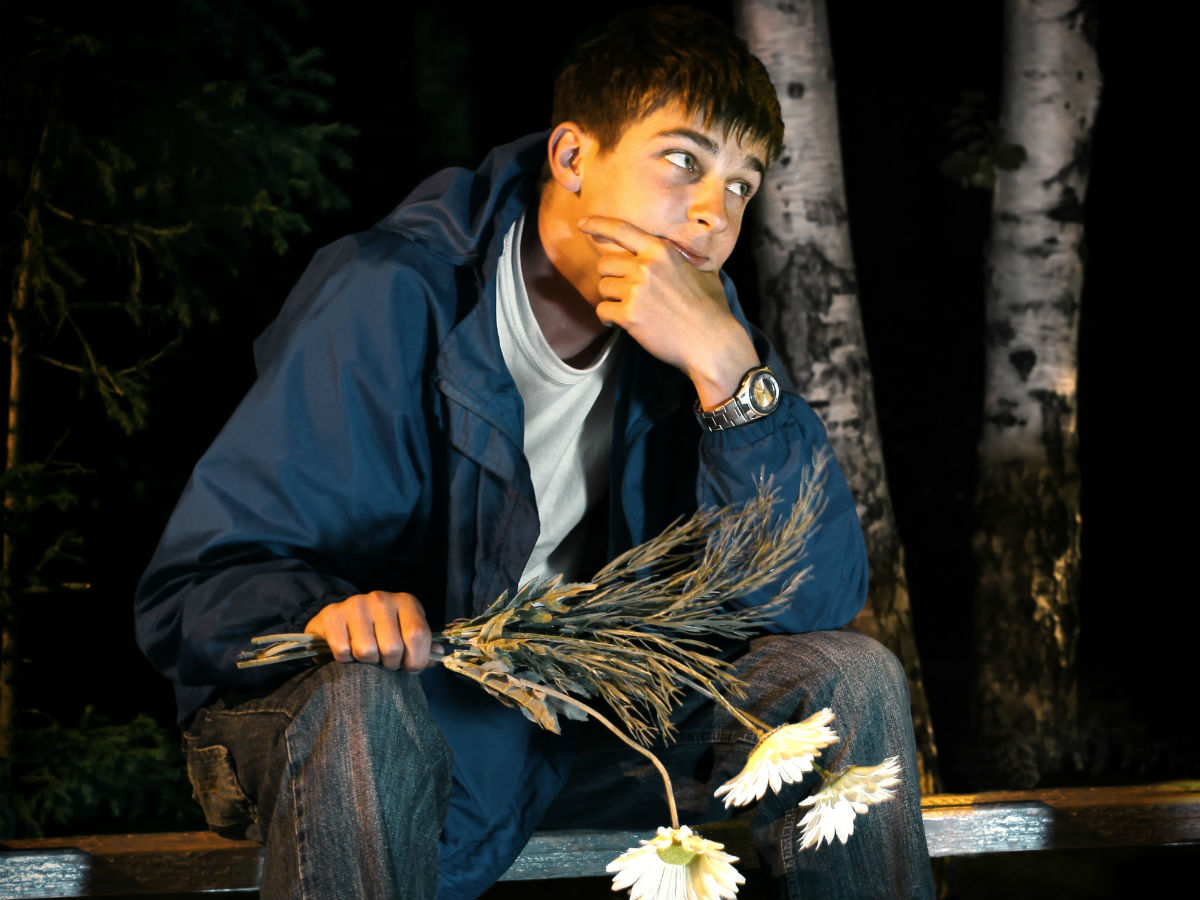
One of the scariest parenting moments is when teenagers become twitterpated. We have all been there so we all know how easy it is for common sense and reason to fly out the window. Teenagers are highly emotional creatures to begin with but when hormones swirl it can be confusing to really understand what they are feeling. As parents we can help our teens give appropriate names to their emotions by teaching them the difference between love, lust, and infatuation.
Infatuation
Infatuation is one sided. It tends to be focused on the feelings of attachment to the point of being obsessive. Infatuation fulfills a need but unfortunately it is usually unresolved emotions from other relationships. Infatuation also focuses only on positive feelings which make it unrealistic to maintain. Infatuation is the idea of being in love without actually doing any of the work of real, lasting love.
Lust
Lust is the primal urge. Typically it is superficial and based on physical attributes and lacks substance. Lust also is devoid of the deep companionship of a real love relationship. Lust, like infatuation, is more of the idea of love except lust can deceive because you are not being honest with yourself about the person’s real attributes. Lust says, “I can change this person” when the person has no intention of change.
Feelings Are To Be Felt
Before we talk about love, it is important to understand infatuation and lust can lead to love however love only happens over time. If your teen is infatuated or even lust-filled for their latest crush, never demean their feelings. These early feelings will set the stage for the rest of their lives. Well-meaning parents can do their teens much damage by convincing them to ignore their feelings because they are not ‘real’. All feelings are real to the person feeling them.
Teaching your teen that infatuation and lust are like toddlers who are learning to walk and talk may help them frame these early feelings. Toddlers do not know all the words they need so they have to practice a lot. Teenagers who are awakening to early feelings of love need to practice recognizing how these feelings feel if they are to have successful relationships later in life.
Love
Love is a marathon—everything from the training to beyond the finish line. Love has depth and breadth and that love enhances both parties. Love lets two people remain individuals while growing together with love. Love is the safety to experience every emotion with another person and still wanting to see them the next day.
As a parent, one of the best gifts you can give your children is the emotional intelligence to feel all of these feelings. The love a parent expresses to their teen who is in infatuation, lust, or even love will set the tone for their success or failure of their future relationships.





0 Comments